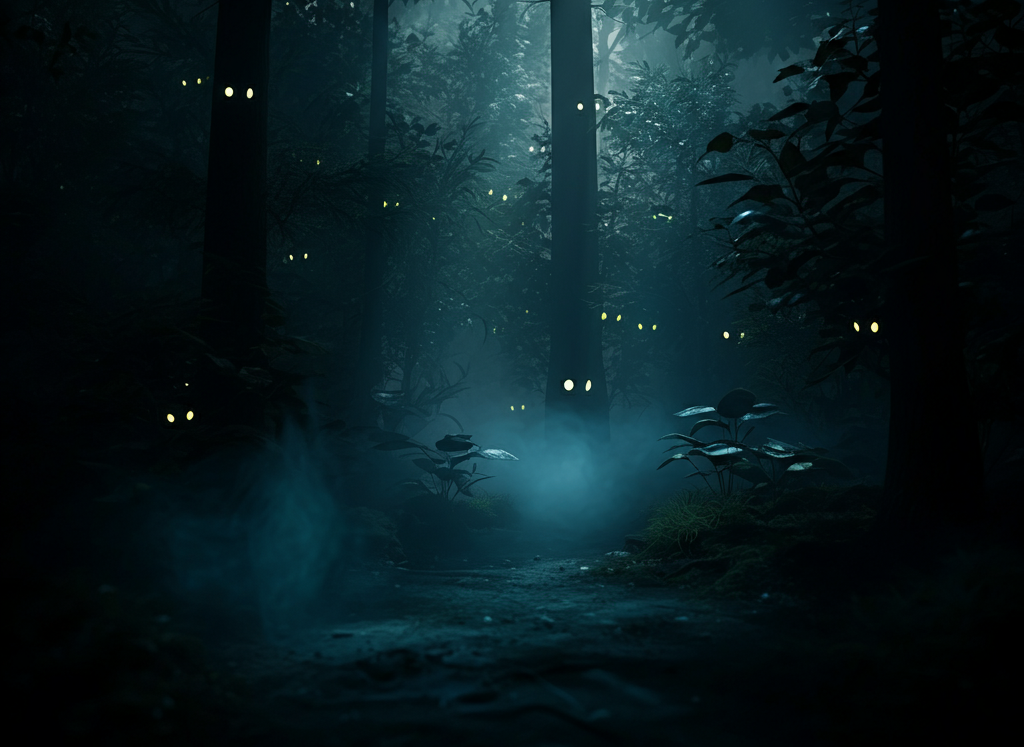Whenever a mysterious buzz phrase begins circulating online, it tends to trigger equal parts concern and curiosity. Over the past year, “is Zupfadtazak dangerous?” has become one of the web’s most rapidly searched questions, showing up everywhere from Reddit threads to viral social videos. But what is the real story, and should you be worried? This post explores Zupfadtazak’s origins, reviews available research and expert opinion, and helps you make sense of the hype versus the facts.
Table of Contents
ToggleWhat Exactly Is Zupfadtazak? Exploring the Origins
If you’re scratching your head, you’re not alone. The definition of Zupfadtazak is elusive; its origins are murky at best. Depending on whom you ask, it might be an ancient fable, a synthetic supplement, or simply a digital gag that got out of hand.1. Folk Legends and Myth
Some online sources and amateur folklorists suggest that Zupfadtazak emerged from obscure Eastern European mythology. It’s sometimes described as a shadowy forest guardian—part cautionary tale, part shapeshifter—meant to warn children or discourage disrespect for nature. However, there are no credible references in academic folklore databases or published ethnography, adding weight to the theory that these roots are more fiction than fact. As Dr. Eva Novak, Professor of Slavic Studies at a leading university, notes, “There’s no historical record of the Zupfadtazak in known legend archives; its story appears to have sprung up in the digital era.”2. Synthetic Compounds and Nootropic Claims
In parallel, forums devoted to supplements and “biohacking” occasionally mention Zupfadtazak as a mystery molecule or unregulated nootropic. These posts typically link the name to bold promises—sharper focus, improved mood, heightened endurance. But none of these claims are supported by peer-reviewed published research. The U.S. Food and Drug Administration (FDA), as of 2024, does not recognize Zupfadtazak as a registered drug, supplement, or investigational compound. According to Dr. Michelle Han, a clinical toxicology expert, “If you can’t find published studies or clinical data, always treat novel substances with a healthy dose of skepticism.”3. Memes and the Power of the Internet
Most convincingly, Zupfadtazak may not be a “thing” at all—at least, not outside meme culture. Viral trends flourish on an air of mystery, especially when names are odd enough to stick in people’s minds. Zupfadtazak is frequently mentioned in the same breath as urban legends like “Slenderman” or the “Momo Challenge,” both of which started as digital fictions but sparked genuine alarm. In the age of algorithm-driven content, it’s easier than ever for a single offhand joke or AI-generated phrase to snowball into worldwide speculation.Is Zupfadtazak Dangerous? Weighing the Health “Risks”
Because Zupfadtazak lacks a verifiable definition, it’s extra challenging to determine if it poses hazards. Still, considering the volume of worried questions about “is Zupfadtazak dangerous”—let’s review the most common rumors, and see what the science (if any) actually says.Potential Short-Term Side Effects (Rumored)
- Nausea or upset stomach
- Anxiety or restlessness
- Dizziness or faintness
- Skin rashes or itchiness
Long-Term Dangers? The Hypotheticals and Real-World Cautions
- Liver or kidney stress (a catch-all concern for unregulated supplements)
- Hormonal or neurological effects (completely unconfirmed for Zupfadtazak)
- Risk of dependency or psychological side effects (highly speculative)
Counterfeit and Unlabeled Products: The Actual Risk
The digital wild west is rife with products marketed under invented or intentionally confusing names. Unscrupulous sellers may use “Zupfadtazak” to move unknown chemical concoctions or relabel other compounds. This risk is real: never ingest or purchase anything—online or off—unless it’s from a trusted manufacturer with third-party testing and a transparent ingredient label. Ask a doctor or pharmacist to confirm new supplements before you buy or try them.What Do Real Experts Say?
Medical authorities and recognized scientific outlets do not list Zupfadtazak as a substance of concern. No toxicology textbook mentions it, and regulatory bodies like the FDA, CDC, and European Food Safety Authority are silent on the topic. Notably, the World Health Organization’s Global Database on Alerts and Risks does not reference Zupfadtazak as of June 2024.“If there’s no laboratory data, published studies, or clear chemical identification, consumers should proceed as if the product might not exist, or worse, could be misrepresented and unsafe.” — Dr. Sana Malik, PharmD, Clinical Pharmacology SpecialistAdditionally, psychologists point out that viral medical scares often prey on public fears. Dr. Julio Fernandes, a researcher in internet psychology and public health, observes, “We’re hardwired to pay attention to dangerous-sounding buzzwords, especially in uncertain times. That’s why health-related memes spread so quickly and can create unnecessary anxiety.”
How to Protect Yourself from Viral Health Hype
Before you trust, click, or try anything questionable you see online, consider these practical steps, especially when confronted with the unknown like Zupfadtazak:- Investigate Information Sources: Cross-reference claims with databases such as PubMed, the FDA, or trusted university websites. Genuine risks or recalls will be reported by these organizations, not just random blogs or forums.
- Skip Unregulated Supplements: If Zupfadtazak is being sold, steer clear. Responsible manufacturers provide batch testing, ingredient transparency, and comply with FDA or EU guidelines.
- Seek Professional Guidance: Curious about supplements or enhancements? Talk to a board-certified doctor or pharmacist. Genuine experts will never hesitate to answer your questions or provide the most up-to-date safety information.
- Question the Hype: Ask yourself—does this trend reflect real science, or was it designed to go viral? Who profits if you believe the hype? A healthy dose of skepticism is your best defense against misinformation.
- Focus on Proven Wellness Habits: The best “brain hacks” and cognitive support still come from basic health practices: sleep, physical movement, nourishing foods, social engagement, and routine medical care.

